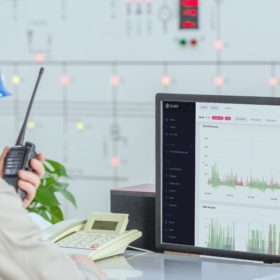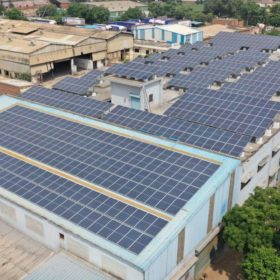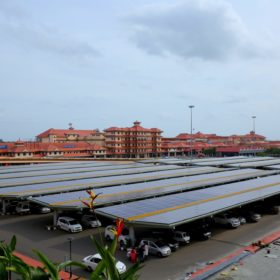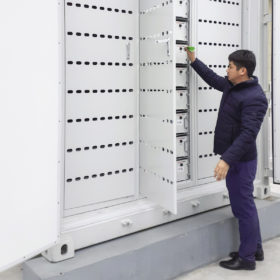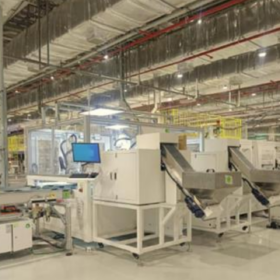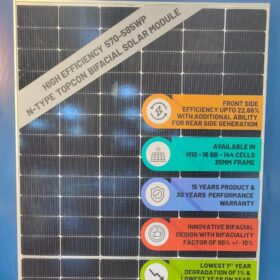CERC approves trading in green term-ahead market
The market-based mechanism will allow resource-rich and resource-deficit States to trade renewable energy and balance their renewable purchase obligation (RPO) targets.
India could add 2.5 GW of big solar in second half
Some 1 GW of utility scale project capacity was added to the end of June.
ION Energy’s analytics selected for 581 MWh of large-scale battery storage projects
US-based esVolta will deploy the Edison Analytics software platform across its battery energy storage projects in North America. The software is expected to result in savings of $450,000 annually for esVolta by reducing excess battery degradation through improved heating and discharge management.
Waaree supplies 50 MW solar modules for an American project
The Mumbai-based manufacturer has a 2 GW state-of-the-art solar module manufacturing capacity in Gujarat and is setting up an additional Rs 11-billion modules and cells factory in the state.
ISA to hold World Solar Technology Summit next month
The inaugural event will be attended by prime minister Narendra Modi, ministers from all the International Solar Alliance member countries and high-level dignitaries from global R&D institutions.
Financing in rooftop solar
There is a need to innovate and pay attention to micro, small and medium enterprises (MSMEs), SMEs, and residential society consumers to activate the next leg of growth in the rooftop solar market.
Waaree solar panels power CtrlS data centre
Waaree solar panels installed on all four facades of CtrlS datacenter facility in Mumbai cover over 50,000 square feet of facade area and generate about 1 MW of power.
Tata Power to supply solar energy for IHC hotels in Mumbai
Hospitality major IHC has signed a 25-year power purchase agreement with Tata Power arm TP Kirnali Solar, which will allow it to meet up to 60% power requirement of its Mumbai hotels with solar energy.
Sona Comstar, IIT Delhi launch incubation program for EV startups
The program aims at supporting the development of innovative electric vehicle (EV) solutions like extending range through battery capacity improvements, and battery management, fast charging infrastructure, and mobile charging solutions for emergencies. Two startups shall be supported each year with up to INR 80 lakh each to complete proof of concept and develop prototypes.
The long read: Independently evaluating battery quality
Companies investing in battery energy storage have historically relied on trust in the major brands supplying the batteries and complete systems. However, with the absence of international manufacturing quality standards, increasing price pressure on major brands, and the proliferation of low-cost manufacturers, buyers and investors are being forced to address quality risks with batteries. Ian Gregory and Benjamin Sternkopf of PI Berlin discuss the need for independent quality assessment in energy storage.


